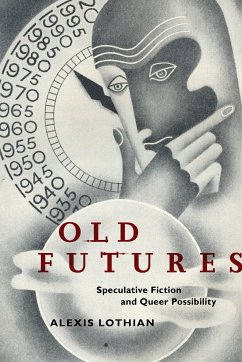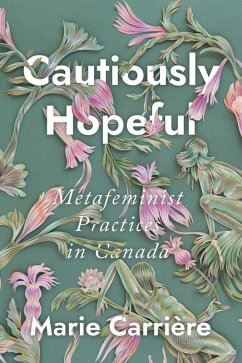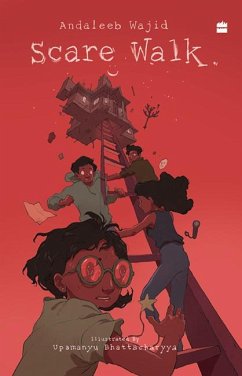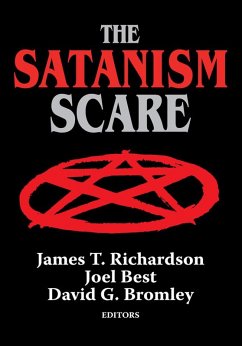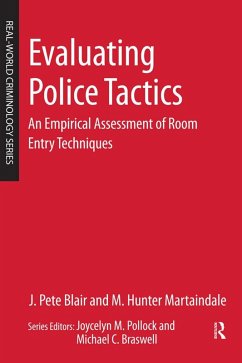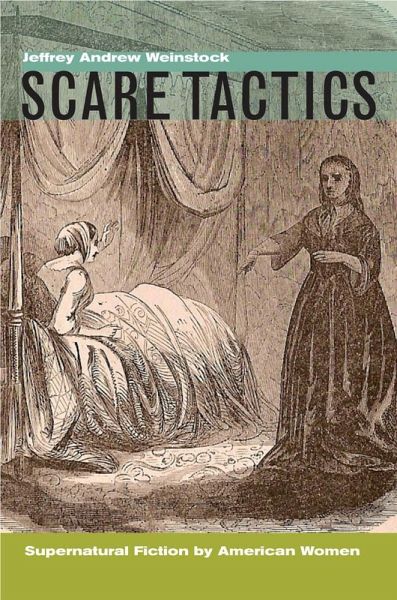
Scare Tactics (eBook, ePUB)
Versandkostenfrei!
Sofort per Download lieferbar
15,95 €
inkl. MwSt.
Weitere Ausgaben:

PAYBACK Punkte
8 °P sammeln!
Scare Tactics identifies an important but overlooked tradition of supernatural writing by American women. Jeffrey Weinstock analyzes this tradition as an essentially feminist attempt to imagine alternatives to a world of limited possibilities. In the process, he recovers the lives and works of authors who were important during their lifetimes and in the development of the American literary tradition, but who are not recognized today for their contributions.Between the end of the Civil War and roughly 1930, hundreds of uncanny tales were published by women in the periodical press and in books. ...
Scare Tactics identifies an important but overlooked tradition of supernatural writing by American women. Jeffrey Weinstock analyzes this tradition as an essentially feminist attempt to imagine alternatives to a world of limited possibilities. In the process, he recovers the lives and works of authors who were important during their lifetimes and in the development of the American literary tradition, but who are not recognized today for their contributions.Between the end of the Civil War and roughly 1930, hundreds of uncanny tales were published by women in the periodical press and in books. These include stories by familiar figures such as Edith Wharton, Harriet Beecher Stowe, and Charlotte Perkins Gilman, as well as by authors almost wholly unknown to twenty-first-century readers, such as Josephine Dodge Bacon, Alice Brown, Emma Frances Dawson, and Harriet Prescott Spofford. Focusing on this tradition of female writing offers a corrective to the prevailing belief within American literary scholarship that the uncanny tale, exemplified by the literary productions of Irving, Poe, and Hawthorne, was displaced after the Civil War by literary realism. Beyond the simple existence of an unacknowledged tradition of uncanny literature by women, Scare Tactics makes a strong case that this body of literature should be read as a specifically feminist literary tradition. Especially intriguing, Weinstock demonstrates, is that women authors repeatedly used Gothic conventions to express discontentment with circumscribed roles for women creating types of political intervention connected to the broader sphere of women's rights activism. Paying attention to these overlooked authors helps us better understand not only the literary marketplace of their time, but also more familiar American Gothicists from Edgar Allan Poe to Shirley Jackson to Stephen King.
Dieser Download kann aus rechtlichen Gründen nur mit Rechnungsadresse in A, B, BG, CY, CZ, D, DK, EW, E, FIN, F, GR, HR, H, IRL, I, LT, L, LR, M, NL, PL, P, R, S, SLO, SK ausgeliefert werden.





